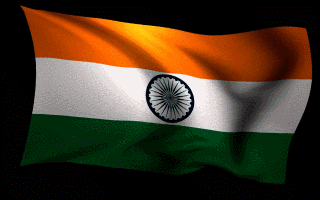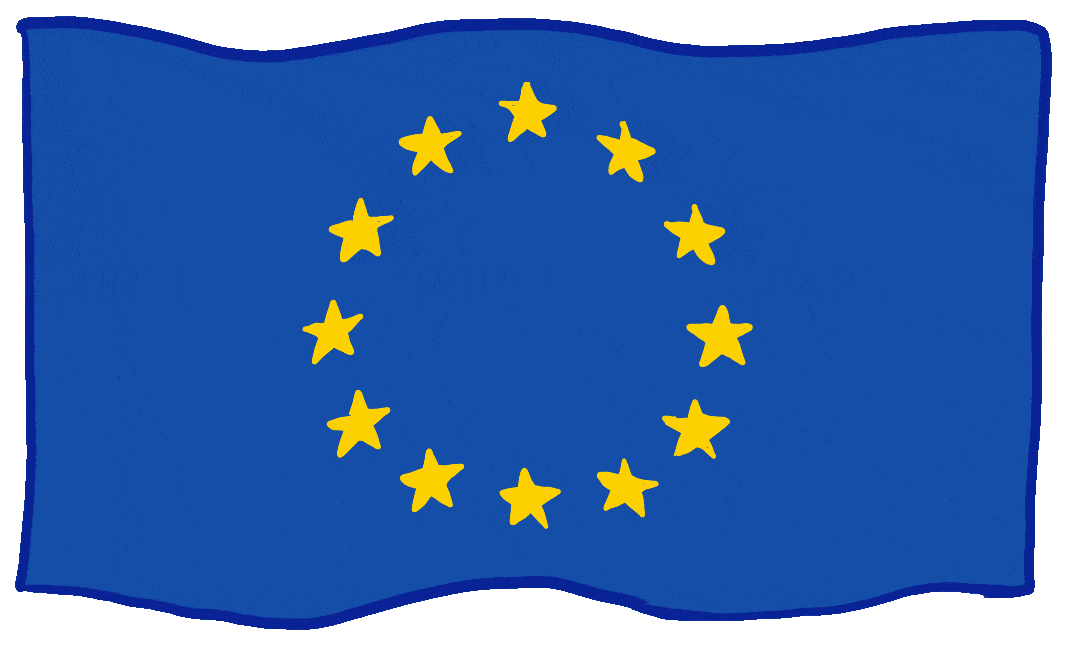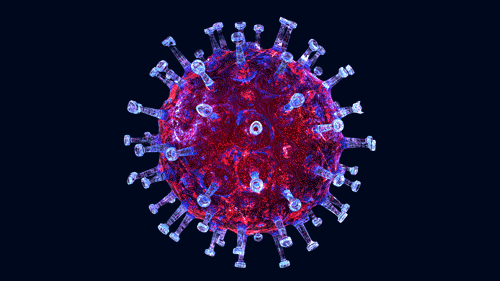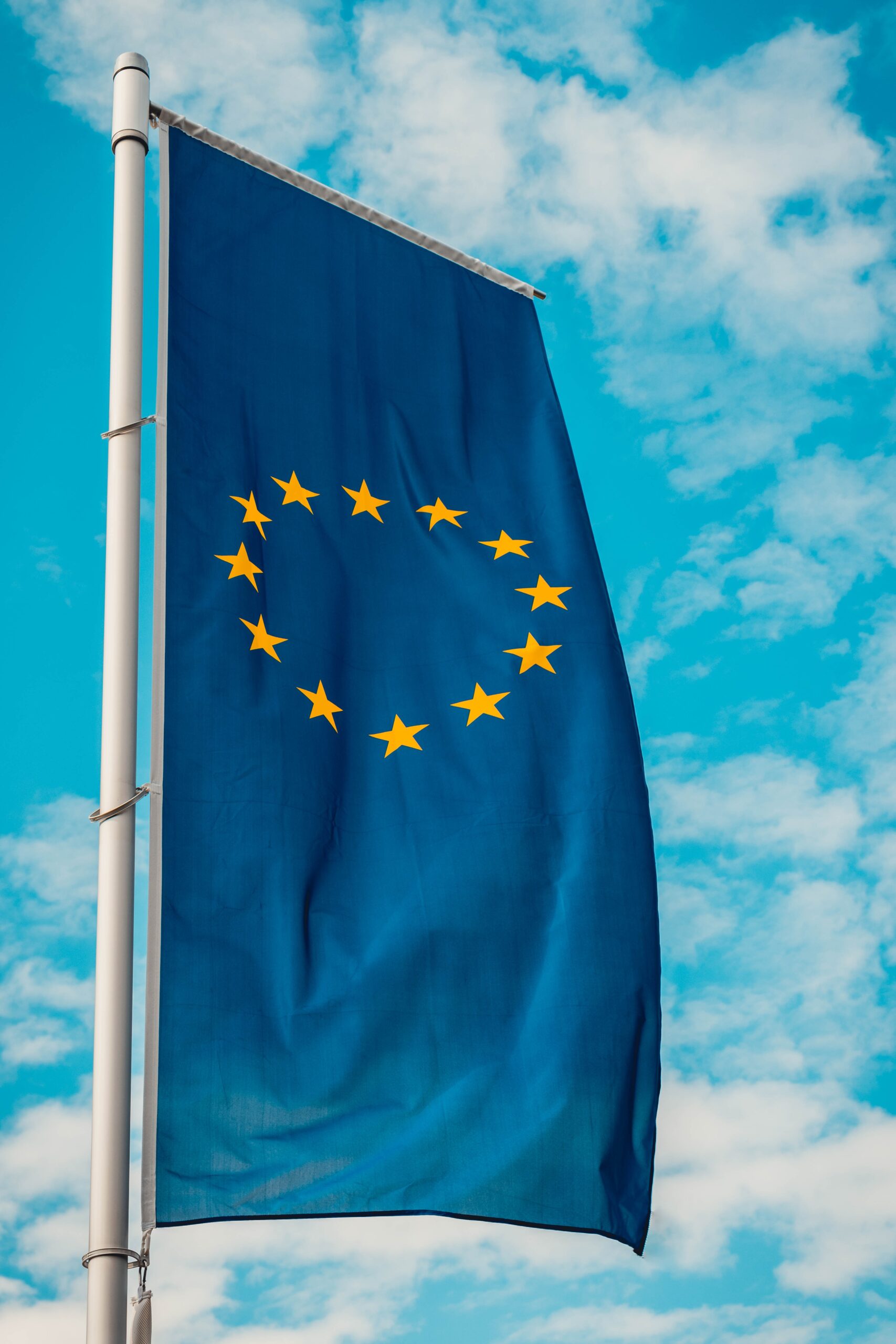
The 15th India-EU summit 2020 was held in a virtual format on 15th July. India was represented by Prime Minister Shri Narendra Modi. The European Union (EU) was represented by Mr. Charles Michel, President of the European Council, and Ms. Ursula von der Leyen, President of the European Commission. Before the 15th Indo-EU summit was held, EU official sources had expressed scepticism about restarting talks, citing India’s strong “protectionist” trends.


The EU has welcomed an Indian proposal for a “connectivity partnership that is open, sustainable and rules-based”. EU-India Strategic Partnership: A Roadmap to 2025” to guide cooperation between the EU and India over the next five years. They welcomed the signing of the Euratom-India Agreement on research and development cooperation in the peaceful use of nuclear energy. They also adopted a Joint Declaration on Resource Efficiency and Circular Economy and welcomed the upcoming renewal of the EU-India Science and Technology Agreement for another five years. They have agreed to reconvene for the 16th India-EU Summit in 2021.
At the end of the 15th virtual India-Eu summit 2020, India said there is no deadline for the free trade agreement, officially called the Bilateral Trade and Investment Agreement.
The joint statement released on the European Council website gives an in-depth insight into the 15th virtual India-Eu summit 2020. Some of the key points are discussed below.
Mutual Democratic Principles; Promote Multilateralism
The leaders decided to strengthen the EU-India Strategic Partnership, based on shared principles and values of democracy, freedom, rule of law, and respect for human rights, aimed at delivering concrete benefits for the people in the EU and India. In today’s complex world, they, as the world’s two largest democracies, affirmed their determination to promote effective multilateralism and a rules-based multilateral order with the United Nations (UN) and the World Trade Organisation (WTO) at its core. They will bolster their cooperation in international fora to reinforce international security, strengthen preparedness and response for global health emergencies, enhance global economic stability and inclusive growth, implement the Sustainable Development Goals and protect the climate and the environment. In this context, the EU is looking forward to India’s G20 Presidency in 2022 and its membership in the UN Security Council in 2021-2022

Post-COVID-19 World
The two powers discussed measures to save lives during the Coronavirus pandemic. The leaders agreed that global cooperation and solidarity are essential to protect lives and to mitigate the socio-economic consequences of the pandemic. The 15th virtual India-Eu summit 2020 also lays emphasis on the importance of strengthening bilateral preparedness and response capacities, of sharing information in a free, transparent and prompt manner, and of improving international response including through relevant international organizations, such as the World Health Organisation (WHO), drawing on lessons learned from the current global responses. This essentially implies that India and the EU strive to work in collaboration in order to tackle and limit the loss of lives during the pandemic.
Discussions Around China
India’s ongoing border tensions with China featured in the talks, with Modi briefing his EU counterparts.
Prefacing his remarks by saying EU and China’s relationship is “complex”, Michel said, “Prime Minister Modi had the occasion also to inform us about the latest developments regarding this incident with China and we support all the efforts in order to maintain a channel of dialogue in order to find peaceful solutions”.

Key Takeaways From the 15th Virtual India-Eu Bilateral Summit 2020
- “There is no time frame set for the conclusion of the Bilateral Trade and Investment Agreement (BTIA) but both sides have agreed that the two ministers mandated to take the discussions forward should meet as early as possible,” Vikas Swarup, Secy (West), Ministry of External Affairs said.
- “EU is our largest trading partner for goods, with trade exceeding $100 billion. We also have a large services trade of approximately $40 billion,” Swarup said.
- “The High-Level Dialogue will aim at fostering progress on trade and investment agreements, addressing trade irritants and improving conditions for traders and investors on both sides as well as discussing supply chain linkages,” said the joint statement.
- Five documents were concluded during the summit – a joint political statement, a Roadmap to 2025, pact on research and development in civil nuclear energy, joint declaration on resource efficiency and circular economy, and five-year renewal for science and technology cooperation agreement.

